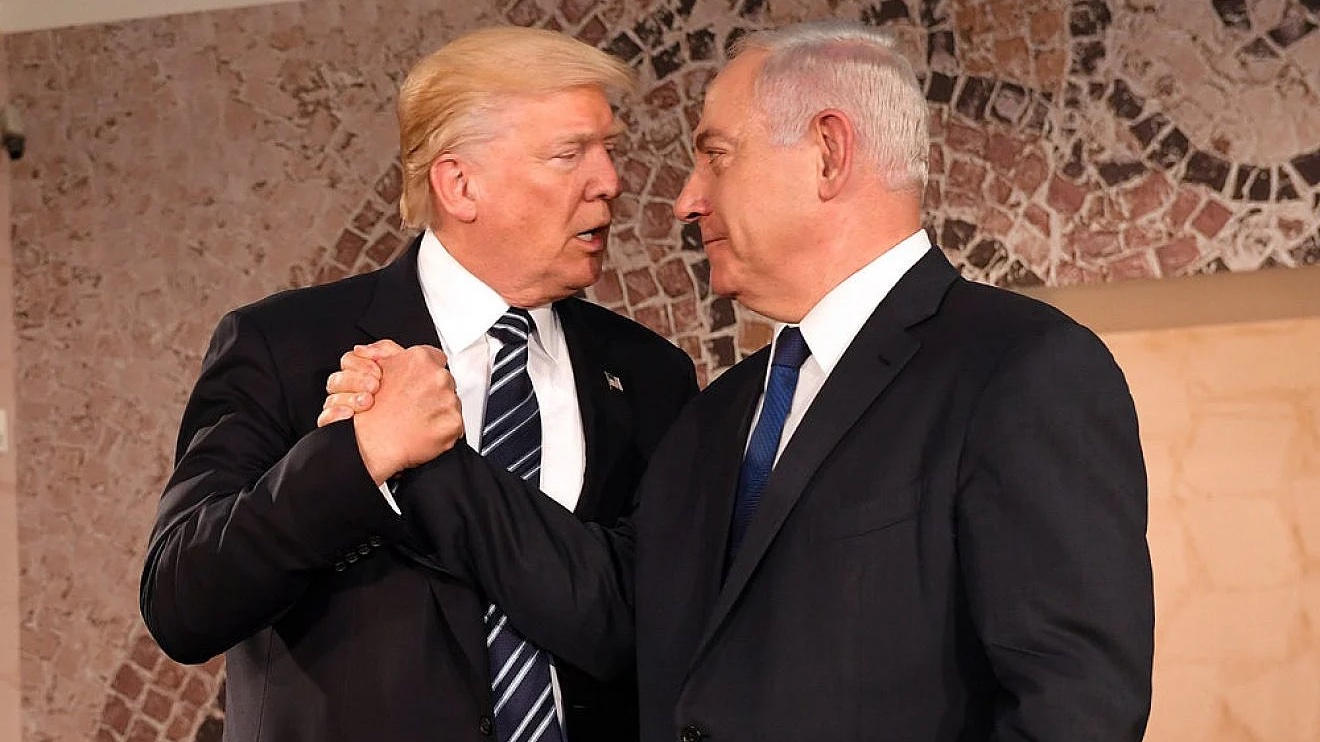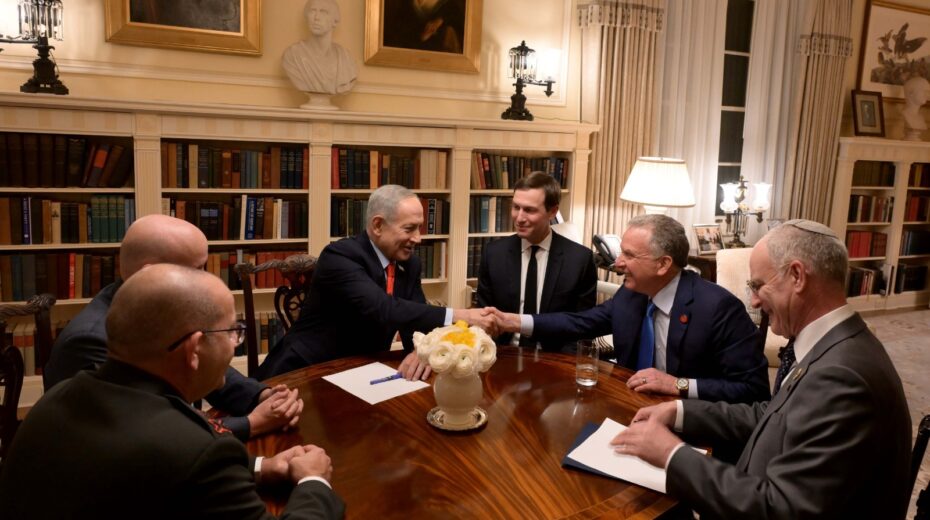(JNS) Izz al-Din al-Haddad, the head of Hamas’s “military” wing in Gaza, is opposed to the Trump administration’s ceasefire proposal, the BBC reported on Thursday.
According to the report, al-Haddad believes the plan was designed to bring about Hamas’s downfall, regardless of whether the terror group accepts it, and it is therefore determined to continue fighting.
The report added that while some Hamas leaders in Qatar appeared open to considering the plan with adjustments, their influence was limited, as they have no authority over the hostages.
A Hamas official on Friday told AFP that the group needed more time to study the Gaza peace plan.
“Hamas is still continuing consultations regarding Trump’s plan … and has informed mediators that the consultations are ongoing and need some time,” the terrorist said on condition of anonymity.
US President Donald Trump on Tuesday gave Hamas an ultimatum of “three or four days” to accept the proposal.
Egyptian Foreign Minister Badr Abdelatty said earlier this week that talks were underway with Hamas to obtain its response to the 20-point plan to end the war, clarifying that efforts were being made to persuade the terror group to react positively.
“The Trump plan has many gaps that need to be filled,” Abdelatty said, while noting that Cairo was working with Qatar and Turkey to persuade Hamas to accept the deal.
He stated that if there were political will, the plan could be implemented on the ground, but it would require additional talks regarding governance and security arrangements in Gaza.
To meet the deadline set by Trump, the mediating countries are advancing a framework under which Hamas would formally accept the plan’s principles, after which an international conference would be convened to discuss the details.
The proposed summit would include Gulf states, Egypt, Turkey, Hamas, Israel, the US, and representatives from European countries. The idea, presented to Hamas officials, is currently under discussion. The US is participating through its special envoy to the Middle East, Steve Witkoff, and Trump’s son-in-law, Jared Kushner.
One of Hamas’s key questions is whether a ceasefire would begin immediately after it announces support for the agreement. The group argues that such approval should automatically halt military action. Israel, however, says the ceasefire would only take effect once Hamas and all other Palestinian factions give full consent, at which point a three-day countdown would begin for the release of the remaining 48 hostages.
Hamas has told mediators that it would need more than three days to contact all armed groups holding captives and prepare them for release. Hamas also raised the possibility that other factions, such as Palestinian Islamic Jihad—which also holds hostages—might refuse to comply.
An Arab diplomat said that Turkish representatives are pressuring Hamas to accept the plan, emphasizing that it offers the fastest and most viable path to ending the war. Qatar has also moved away from its former neutrality, joining Egypt in pressing Hamas to comply.
According to a source, neither Doha nor Ankara has threatened Hamas leaders with expulsion if they refuse the plan, though that option could be used if the group hardens its opposition.
A US diplomatic source said Trump is determined to end the war through his plan. If Hamas rejects it, Washington will fully support Israel’s military operations, as the US president has already pledged, and also help implement the proposal in areas not controlled by the Palestinian terror group in Gaza.
A version of this article was originally published in Israel Hayom.














